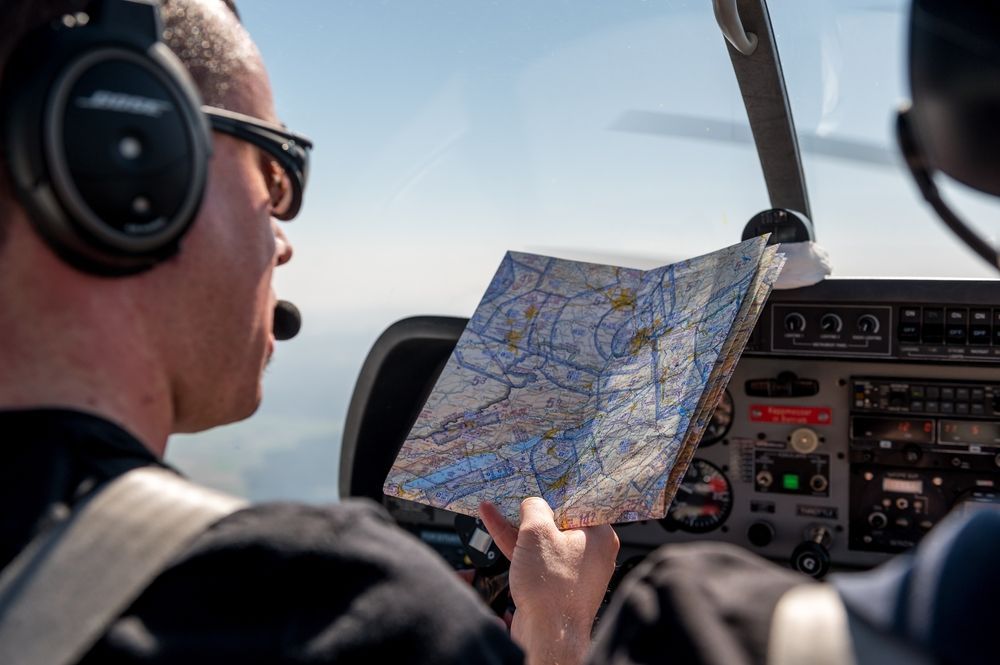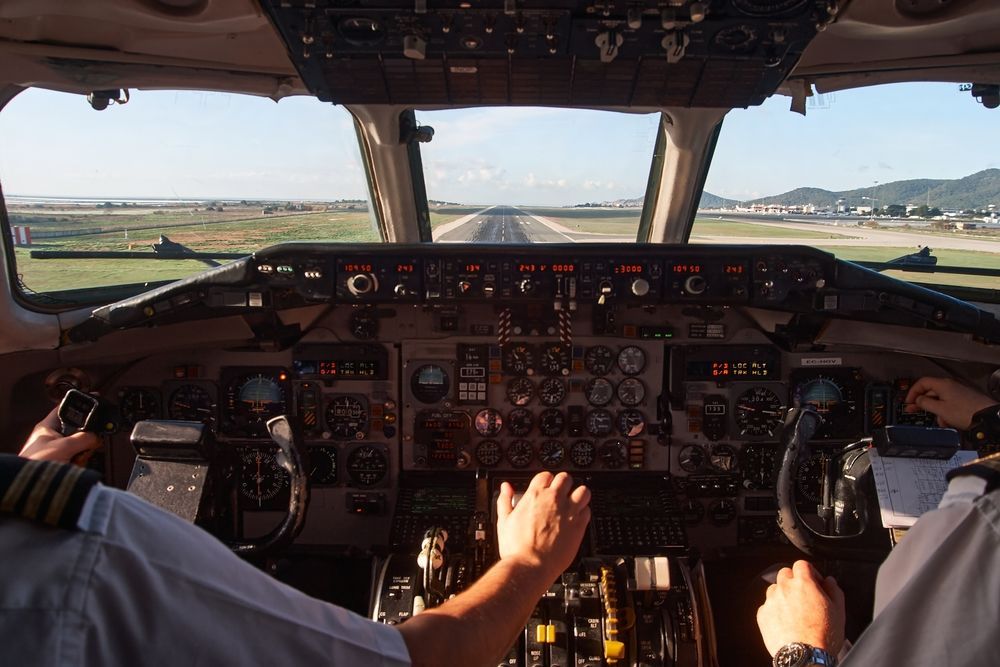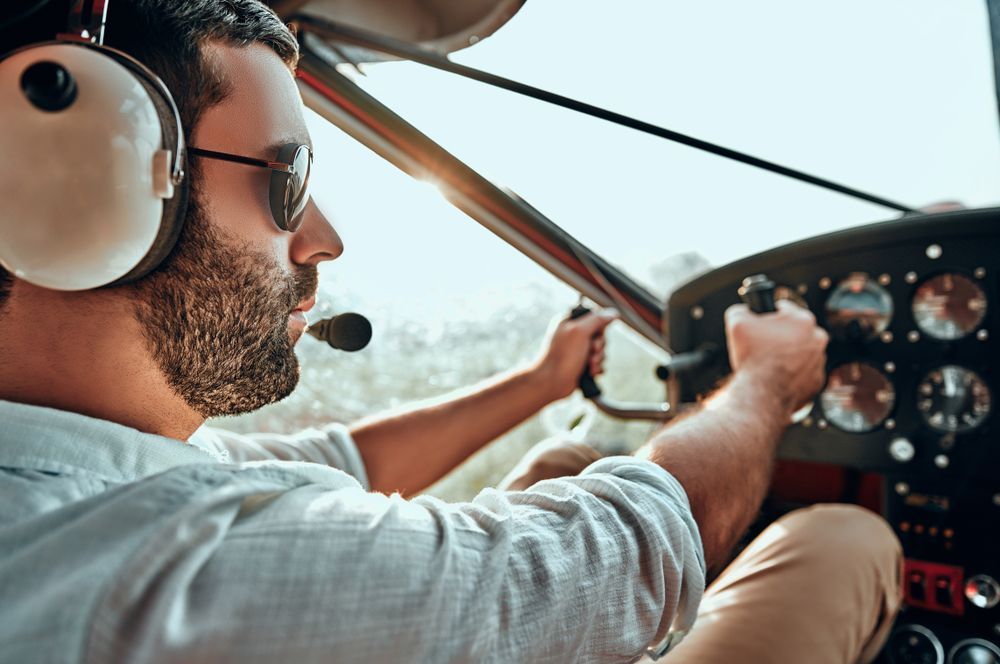How to Choose a Good Flight School
Share this article:
Written by: J.A. Flight Training
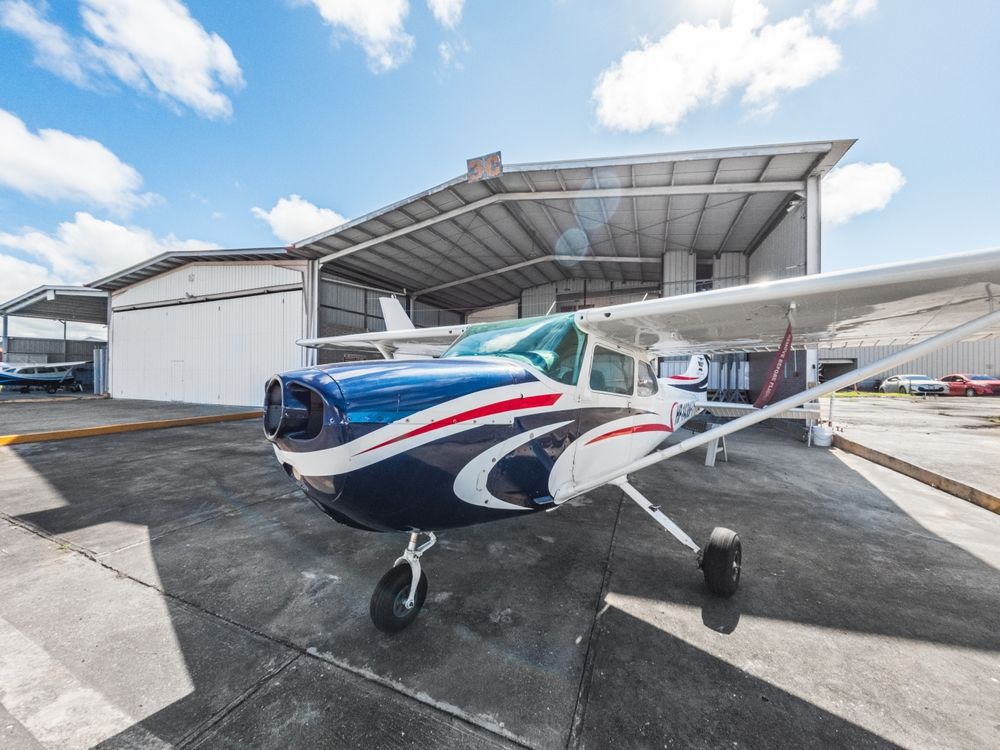
Deciding on a Flight School
You’ve made the decision to become a pilot — but you’ll need to learn to fly first, of course. That means finding good flight schools to choose from, so you can learn from experienced instructors. How do you know which school you should ultimately go with? The following guide can help you determine the right flight school to make your piloting dreams come true!
Factors to Consider When Choosing a Flight School
Learning to fly an airplane is incredibly rewarding. But it also involves making safety a top priority — for both you as the pilot and your passengers. That starts with quality training! Good flight schools can teach you all of the skills you need to operate an aircraft with confidence. Before choosing one, consider the following factors.
Safety Record and Procedure
What kinds of safety procedures does the school have? What is their safety record? You’ll want to make sure you go to a flight school that prioritizes safe training and operations.
Types of Programs That Are Offered
Flight schools offer different kinds of programs, such as:
- Accelerated training
- Part 61 training with greater flexibility
- Part 141 FAA-approved training
You can also find programs that train for specific careers, such as airline pilots, or provide private pilot training. Choose a flight school that offers the kind of program you need for your piloting goals.
Quality and Experience of Instructors
How many years of experience do the flight school’s instructors have? What kind of experience do they have? You’ll want to choose a school that has highly qualified instructors with the right kind of aviation experience. This helps ensure quality training to help you become a skilled pilot.
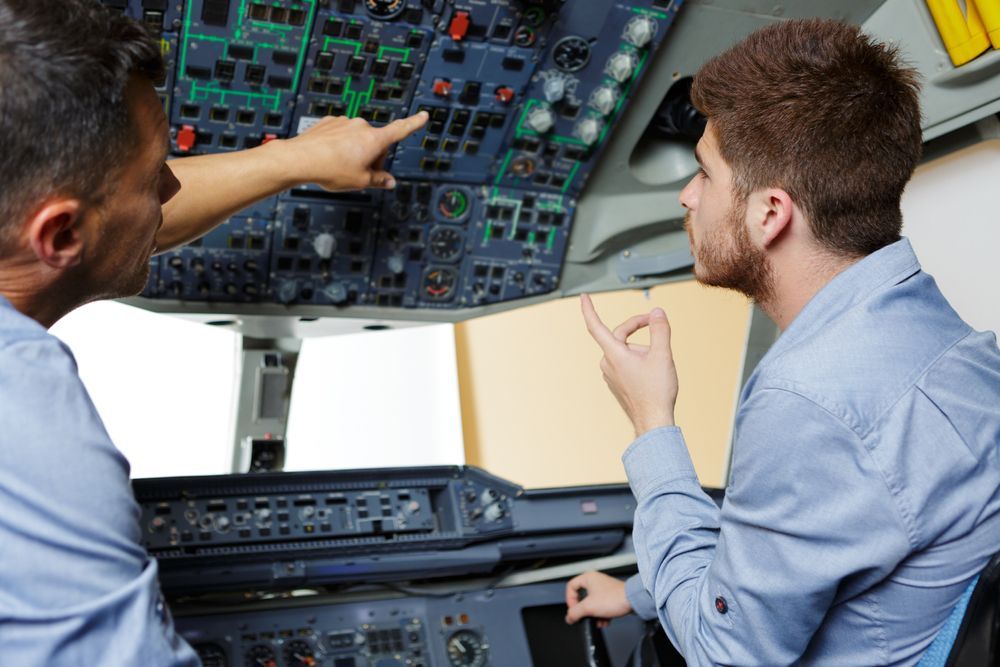
Location, Weather, and Airspace
Where is the flight school located? This factor affects the kind of weather you might be learning to fly in. Piloting an aircraft in stormy winter weather is a whole different experience than flying in clear skies.
Airspace is another factor to think about. Is the school located near a busy airport in a major city? Or is it in a small town with fewer aircraft around at any given time?
Career Paths
What do you plan on doing with your piloting training? You can explore different paths that might be a good fit for you based on your goals and interests. A few of these options include the following:
- Commercial pilot
- Flight instructor
- Cargo pilot
Make sure the school you choose offers training to help you achieve your career goals as a pilot. For example, look for a school that partners with an airline to help get you hired as a commercial airline pilot.
Cost of Training and Payment Options
How much do you have budgeted for your training? Flight school programs vary widely in terms of cost. But don’t feel pressured to choose a school with the lowest costs — you may not be getting the quality training you need.
Many flight schools offer financing options. You might be able to explore these options, depending on your situation, such as being reimbursed for tuition or obtaining a loan.
Flight School FAQs
Have questions about flight school? Wondering if you need to go to college or how long it may take to become a pilot? The following frequently asked questions about flight schools can help you understand what to expect!
Do Pilots Need a College Degree?
No, you don’t need to have a degree from a college or university to become a pilot. Instead, you’ll need to gain the right amount of experience at a flight school. Good flight schools provide you with all of the training needed to start working as a commercial pilot.
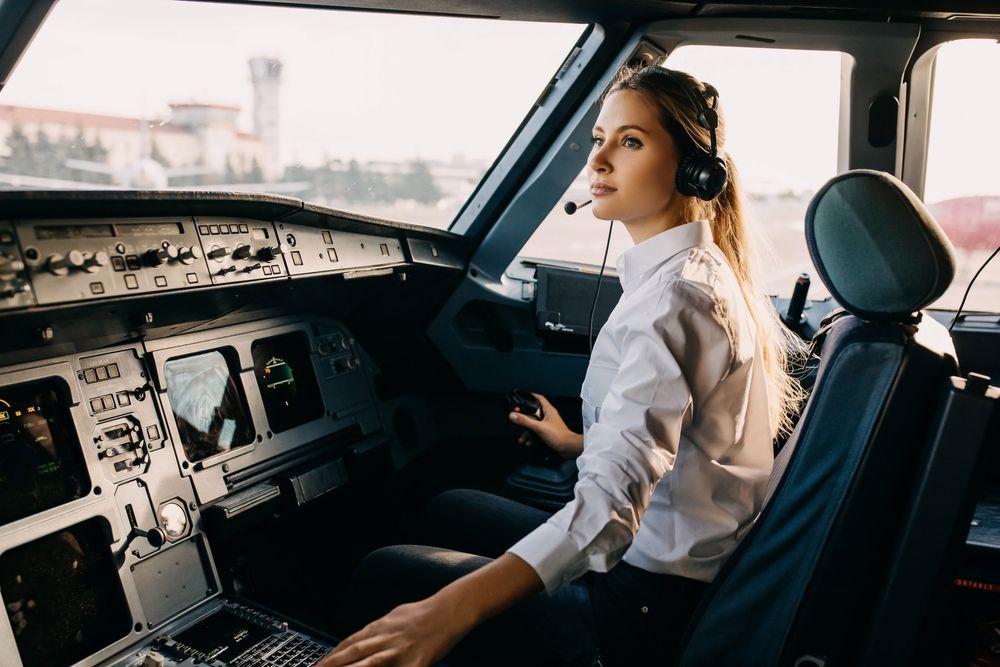
How Long Does It Take to Become a Commercial Pilot?
Planning to fly a commercial aircraft? You’ll need to earn 1,500 hours of experience. That may take roughly 2 1/2 years to do with many schools. But you can earn this in as little as a year with some schools, including J.A. Flight. That helps you get started on your airborne career sooner rather than later!
Do Pilots Need to Pass a Medical Exam?
Yes! The FAA requires all pilots to pass a medical exam that checks for several conditions or issues, such as:
- Visual acuity issues
- Cardiovascular problems, such as coronary heart disease
- Neurological issues, such as epilepsy
- Mental health problems, such as personality disorders
- Ear, nose, and throat problems
- Equilibrium problems
What Do You Learn in Ground School?
Flight schools don’t just teach you how to fly. You also need to know the basics of aviation — and that’s what ground school is for. You’ll learn the following kinds of information to help you operate aircraft knowledgeably and safely:
- Systems and instrumentation
- Aerodynamics
- Balance and weight
- Runway diagrams
- Weather charts and other weather-related info
You can think of ground school as the building blocks you need in order to move on to flight training.
Will Airlines Pay for Flight School?
Airlines usually won’t cover the cost of flight school. However, you may be able to look for other incentives when airlines partner with flight schools, such as tuition reimbursement or hiring opportunities. At J.A. Flight, we offer a quicker path to working as a co-pilot thanks to our partnership with Southern Airways Express.
Your Path to the Skies Begins Here — Join J.A. Flight’s Career Pilot Program
At J.A. Flight Training, we offer training programs for aspiring pilots in the Chicago area. Our school at J.A. Air Center provides multiple programs, including:
- Simulator training
- Ground School
- In-flight training
- Private pilot training
- Commercial pilot training
Looking for ways to finance flight school? We offer financing options that may help, including affiliated collegiate programs, private loans — and more!
Are you ready to start your journey toward becoming a pilot? We’re ready to help!
Contact JA Flight Training to request more info about our programs!
Connect with Us:
